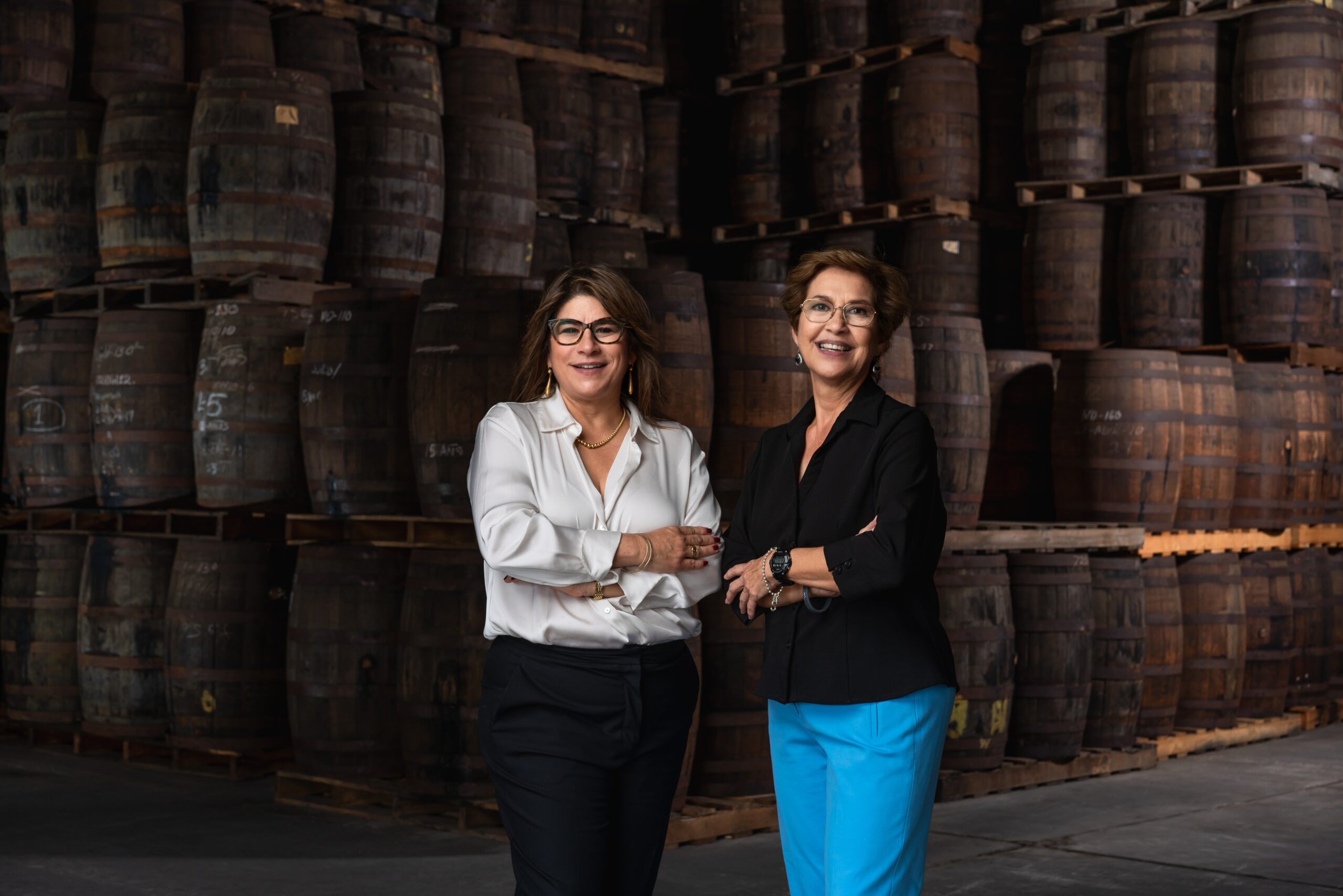
If you thought video games was just for boys, you should seriously rethink that opinion. If there is one thing we can all take away from the Gamergate controversy of 2014, it’s that the world of gaming and game developers is certainly not trademarked as “male” anymore. In fact women make up half of game-playing audiences around the world today, and in some demographics they outnumber male. Say whaaaaaaaatt?!?!
It’s no wonder major video game companies are heavily invested in targeting the growing female demographic. It just makes economic sense at this stage. When it comes to the number of female game developers, the numbers are unfortunately still pretty slow to catch up to the guys. A survey from 2014 found that women make up only 22% of developers, however that number has doubled since 2009 so we shouldn’t get too depressed just yet.
And if you want to really zero in on a region that is burgeoning with female representation in the gaming industry, all you gotta do is look outside the United States. A recent story on Al Jazeera highlighted the way women are “winning” in the Pakistani market, where in one particular company, they make up almost half of the employees.
While women only make up 13% of the non-agricultural workforce according to the report, it is the gaming sector taking a progressive lead on gender equality in a country that is more known for its conservatism in the West.
The Al Jazeera story highlighted 3 companies which are taking diversity seriously and showing up other countries like the US. We R Play, founded by entrepreneur Mohsin Afzal and Waqar Azim in 2010 boasts a 42% female workforce. It has managed to achieve this by being committed to diversity from the very beginning. Although the first 5 employees were all male, Mohsin recognized the need to integrate more women within their ranks and create a more female-friendly culture.
Their approach to not being a stereotypical bro-vironment like other game companies is simple.
“If there are two candidates that are pretty much equal in all aspects, we always default to more diversity,” said Mohsin.

Another aspect to their success is the recognition of something America is yet to implement – paid family leave. We R Play offers women 3 months paid maternity leave, then allows them to work from home for as long they want after that. In comparison, while some companies may offer paid family leave, the US is one of only a couple of countries in the world that has yet to implement any form of comprehensive or substantial paid leave through the federal government. It’s an embarrassing point that a country, which still boasts about being “the greatest nation on earth”, needs to fix, so we’ll just move on…
When asked why striving for equality in the company is an important objective for his company, founder Mohsin gave a response similar to that of Canadian Prime Minister Justin Trudeau when he was asked why it was important to ensure half his cabinet were women:
“[Women] are close to 50 percent of the population.” ‘Nuff said!
Two other companies profiled in the same Al Jazeera report are Tintash Studios, whose female employees make up 25% of the company, and CaramelTech Studios, where women make up 23%. Although these three companies are leading the way, they are considered an anomaly not just in the Pakistani workforce in general, but also specifically in their gaming industry, according to one journalist.
“Generally in software houses the ratio of male to female is very high. Males are in high numbers. But I think Tintash and We R Play provide excellent office space. They’re providing the right kind of environment where females are feeling quite comfortable,” said Fatima Rizwan, the founder of the Pakistani tech blog TechJuice.

A group of female employees from We R Play shared their person experiences which sound pretty typical of the game industry as a whole, despite their progressive position on hiring with diversity in mind.
“Some of the guys do have ego issues, I would say. Like taking orders from women is not good for them, maybe. So you know, especially when it comes to conveying some work-related issues [and I say] ‘You did not do this correctly’, that would be really hard for me. Because instead of accepting their mistakes they would become defensive,” said Sadia Zia, a senior manager for internal projects who was not only the company’s 6th hire, but the woman responsible for creating their diversity inclusion strategy which included retreats where employees could bond outside the office.
Sadia Bashir, a 3D designer, says she became interested in games from a young age and studied computer science, but had to put up with negativity along the way from her community and at gaming tournaments.
“They said, ‘Why are you here? There are all guys here and playing games,’ so I just said ‘So what? I play games too.’ By the end of that tournament we all sat together, all friends,” she said.
Madina Zulfiqar, We R Play’s senior quality assurance lead, said her parents were concerned about her going to a mixed-gender university, but her high grades put their minds at ease. Once she got into the workforce, there were other potential barriers she had to overcome.
“I was a bit concerned what people would say about my niqab or [that] people would isolate me because of my appearance. But it never happened like that. I’m treated like a normal person,” she said.

Data shows that Pakistan’s IT sector grows more than 30% every year, and that means an increased demand to fill jobs, especially for the $2.8 billion software industry. The unemployment rate for women is a little higher than men in the country (9% vs. 4%). Yet women only make up 14% of the IT sector. There is certainly room to improve, but highlighting these few companies will hopefully inspire other start-ups and game developers to ensure they are inclusive in their staff hiring.
We should point out Pakistan is not the only conservative country using the gaming industry to drive messages of diversity and equality. In Lebanon, one of the country’s first game companies Wixel Studios was created by Reine Abbas, who is counted as one of the top 5 most powerful women in gaming around the world.
In Saudi Arabia, progressive developers Na3m are the creators of Saudi Girls Revolution, where players direct female characters to break cultural barriers and take down the bad guys, and in an ironic twist, allow women to drive, something which they cannot yet do in real life. The company was founded by Prince Fahad bin Faisal Al Saud, the grandson of the brother of the King, who was educated in the UK and wants to use his money and power to bring progressive values to the women in his country.
It’s really cool to see how a popular industry is being used in such powerful ways across the world. If there is one thing American companies should learn from We R Play and other Pakistani developers, it’s how to effectively integrate diversity in the workplace, without using cultural or other barriers as an excuse. It takes a conscious effort, just as Mohsin Afzal and Waqar Azim have done.

















